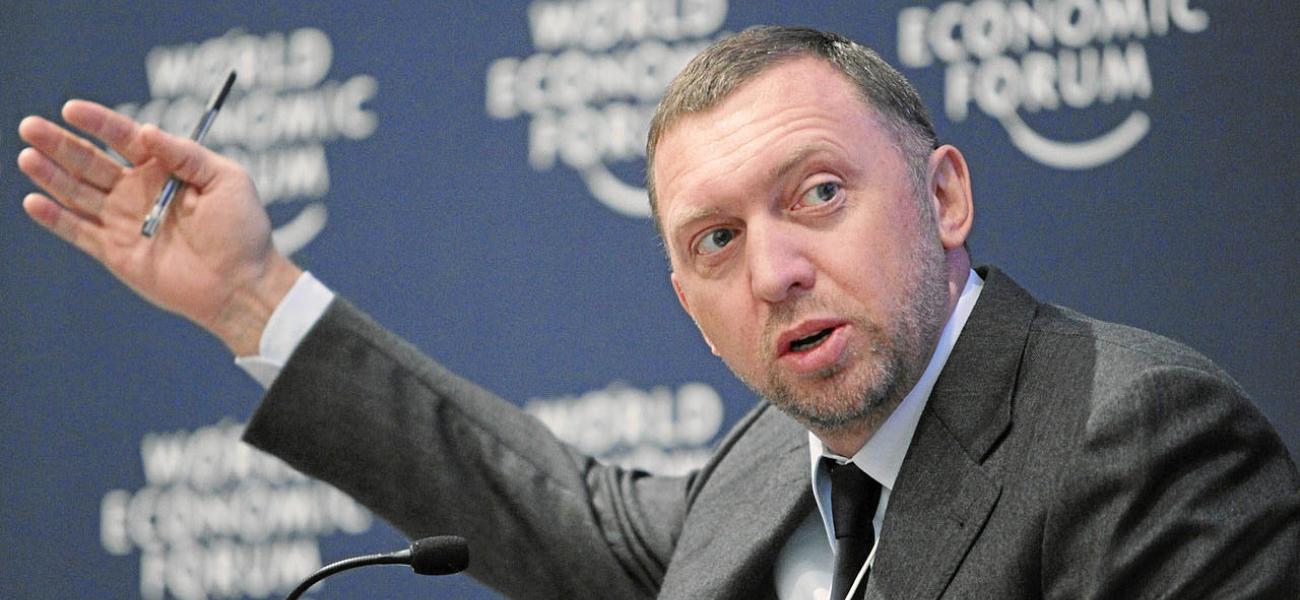
Sanctions and Retaliation: Where Russia-US Relations Are Headed
This is a summary of an article originally published by the Carnegie Moscow Center.
The author writes that while Russian oligarchs "might formally own a business empire on Russian territory," they are in fact "only junior managers working at the pleasure of the Kremlin." When U.S. sanctions spurred by Kremlin policies harm these businessmen, they make a point to show that the sanctions reflect their loyalty to the Kremlin, then threaten default and request additional financial support, which the Kremlin will provide. Movchan argues that this is why the reactions of oligarchs like Oleg Deripaska and Viktor Vekselberg to this latest round of sanctions is predictable. Additionally, the Kremlin, which has never particularly understood what shareholder value means, isn't terribly worried about the effects of sanctions, including Rusal's market fall. "Strangely enough, as often happens in realpolitik, all sides are happy." Washington can boast of both taking measures against Russia and protecting U.S. aluminum production. The ban on exports of sensitive technologies to Russia places a time bomb under the Russian economy, as it will eventually lead to Russian production being unable to compete on the world market; however, Moscow can still "be satisfied with the result of its policy. The active greenmail of the global community and the latter’s clumsy reaction have been able to buoy the ratings of the ruling regime. At the same time, tough macropolitics prevent the economy from falling apart. The slow recession doesn’t worry anyone, and nor do the losses of oligarchs."
Read the full article at the Carnegie Moscow Center.
Andrey Movchan
Andrey Movchan is a senior fellow and director of the Economic Policy Program at the Carnegie Moscow Center.
Photo by the World Economic Forum shared under a CC BY-SA 2.0 license.

